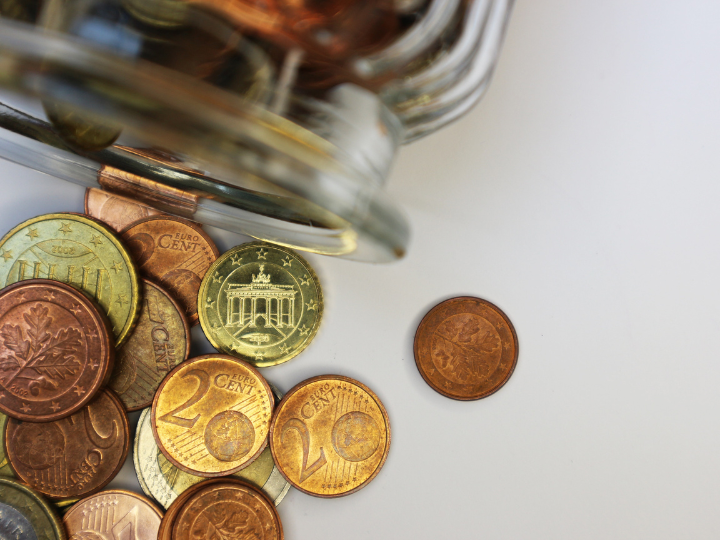by Giles Merritt*
Autumnal weather is signalling the chill reality of Russia’s economic war with the rest of Europe, but not yet the sheer cost of the conflict. Eyes are beginning to turn, though, to EU and NATO governments’ financial outlook, with tax set to dominate discussions that will be increasingly heated.
The focus will not just be the new taxes needed to pay for the energy crisis but also the taxes that aren’t being paid. Europe and the US each lose at least a trillion euros, or dollars, every year to tax avoidance or evasion. It’s clearly time to address the huge problem of corporate tax dodging and the ability of the world’s wealthiest to pay little or nothing in tax.
Wage earners and small businesses bear the brunt, being easily assessed and often taxed at source. They are the small fry who lack the crafty lawyers’ and accountants’ familiarity with the loopholes in national tax codes. The big beasts of the world’s corporate jungles are able to use their cross-border transactions and creative balance sheets to reduce their tax bills down to what for them is small change.
Last year, Chuck Rettig, head of America’s Internal Revenue Service, estimated in testimony to the US Senate that tax evasion was costing the federal government $1 trillion yearly, and that figure excluded the revenues lost to tax breaks and shelters. He was more or less echoing the remarks from a decade earlier of the then president of the European Parliament, German socialist Martin Schulz, who warned that tax avoidance and outright fiscal fraud was costing the EU €1 trillion a year.
Schulz’s point was that if that money was instead going into EU governments’ coffer, the sovereign debt mountains that to this day threaten the eurozone’s integrity could be paid off within ten years. That is the argument that the EU institutions in Brussels must marshal as the costs of Putin’s war begin to mount.
Just as lost annual tax income is being measured in trillions on both sides of the Atlantic, so too are the costs of the stand-off with the Kremlin. The slowdown in the EU’s economic activity attributable to sky-high energy costs and cuts in supply is being reckoned at around a trillion euros. In addition, subsidising gas and electricity bills for lower income households in many EU countries will amount to around another trillion, with windfall taxes on energy giants and utilities covering only part of that.
Add in the extra defence spending that EU members have signed up to and the burden on taxpayers becomes more than onerous. The New Force Model (NFM) agreed at NATO’s Madrid summit in July boosts high-readiness troop levels from 40,000 today to a targeted 300,000, with the bulk of them coming from European countries. In budgetary terms, that means extra trillions in annual defence spending for the foreseeable future.
Transatlantic solidarity has so far been as much a feature of the responses to Putin’s aggression as has intra-EU cohesion. But a serious threat to this may come with widely expected European attempts to address the tax avoidance problem. Many of the multinational corporations that have been taking advantage of European nations’ competing tax loopholes are American.
It is not only the ‘Fangs’ – Facebook, Amazon, Google and so on – that are increasingly in European tax collectors’ crosshairs. A range of American companies as different as IBM and Chevron are said to pay improbably modest amounts in tax within the EU. Tightening up moves in Europe have already provoked storms of protest from Wall Street and Washington, DC. Although next year sees the introduction of an OECD-inspired international pact on corporation tax between 130 countries, the outlook is for much friction and outraged corporate lobbying.
The US-based International Consortium of Investigative Journalists – the folks who brought us the Panama Papers and more recently the Pandora Papers – reckons that, worldwide, tax evaders may have squirrelled away as much as $32 trillion. As evasion is only the tip of the tax dodging iceberg, it’s likely that more attention than ever will be focused on this as the costs of Putin’s war mount higher and higher. The pressure on EU governments to accept anti-avoidance proposals from the Brussels institutions will certainly intensify.
*founder of Friends of Europe
**first published in: friendsofeurope.org




 By: N. Peter Kramer
By: N. Peter Kramer
